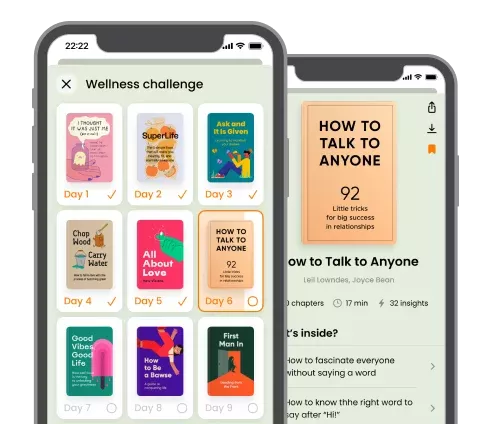7 Best Globalization Books
Explore a diverse collection of books on globalization, covering its impact on culture, economy, and society. Gain insights into this global phenomenon.
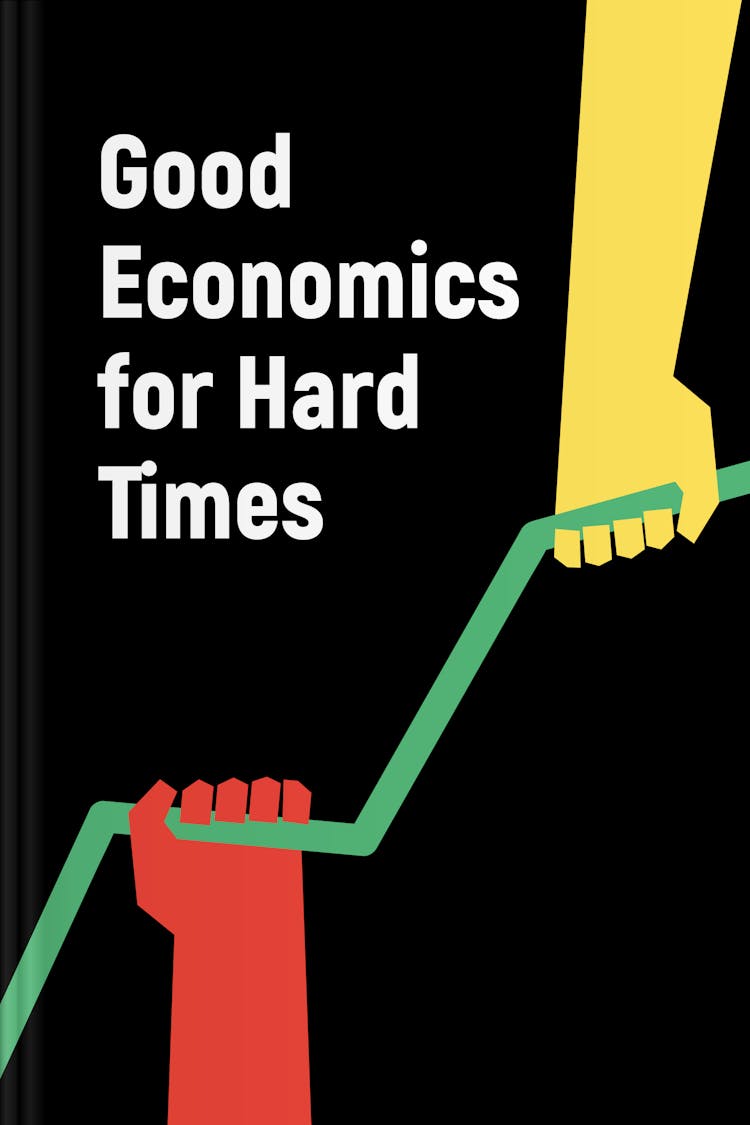 1
1Good Economics for Hard Times
by Abhijit V. Banerjee, Esther Duflo
What is Good Economics for Hard Times about?
"Good Economics for Hard Times" offers a fresh perspective on the pressing issues of our time, such as inequality, immigration, and climate change. Written by two Nobel laureates in economics, this book presents evidence-based solutions to tackle these challenges, debunking common myths and providing practical insights. With a focus on real-world problems and the impact on everyday people, it offers a compelling and accessible analysis of how economics can shape a better future for all.
Who should read Good Economics for Hard Times
Economists and policymakers seeking evidence-based solutions for challenging times.
Individuals interested in understanding the impact of economics on everyday life.
Students and academics studying the intersection of economics and social issues.
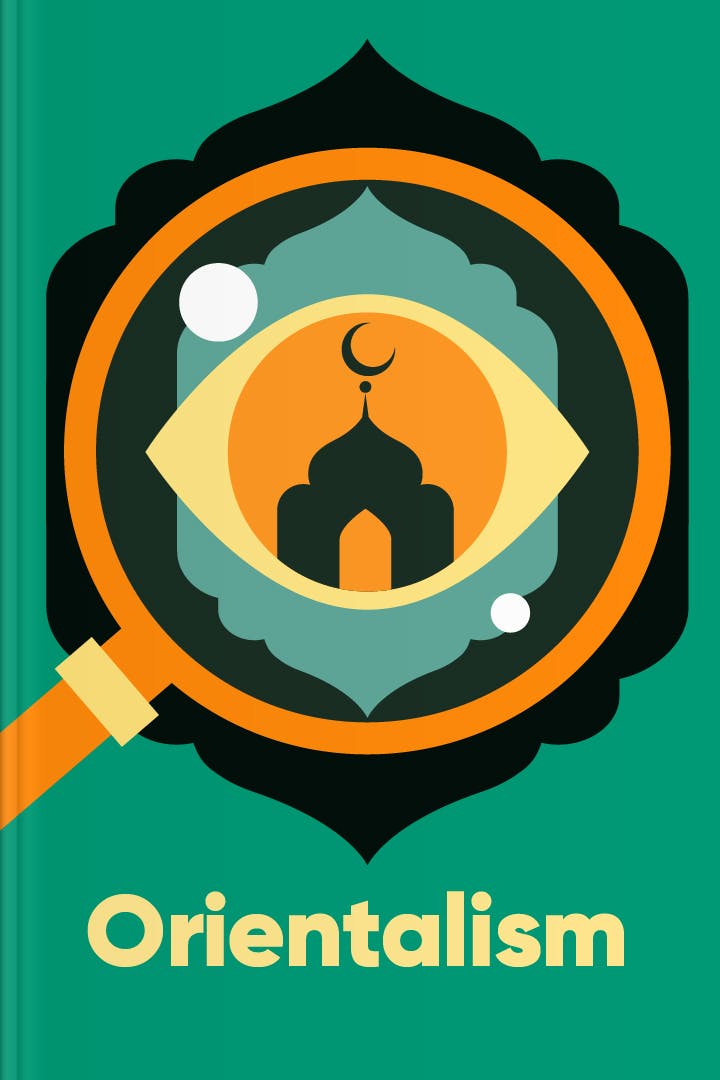 2
2Orientalism
by Edward W. Said
What is Orientalism about?
In this thought-provoking book, the author delves into the complex relationship between the West and the East, exploring the concept of Orientalism. Through meticulous analysis, Said examines how Western societies have constructed and perpetuated distorted images and stereotypes of the East, shaping their own identity in the process. With a critical lens, he challenges prevailing narratives and offers a compelling argument for the need to reevaluate and redefine our understanding of the East-West dynamic.
Who should read Orientalism
Scholars and students of postcolonial studies and cultural criticism.
Individuals interested in understanding the historical and cultural impact of Western representations of the East.
Readers seeking a critical analysis of Orientalist discourse and its implications.
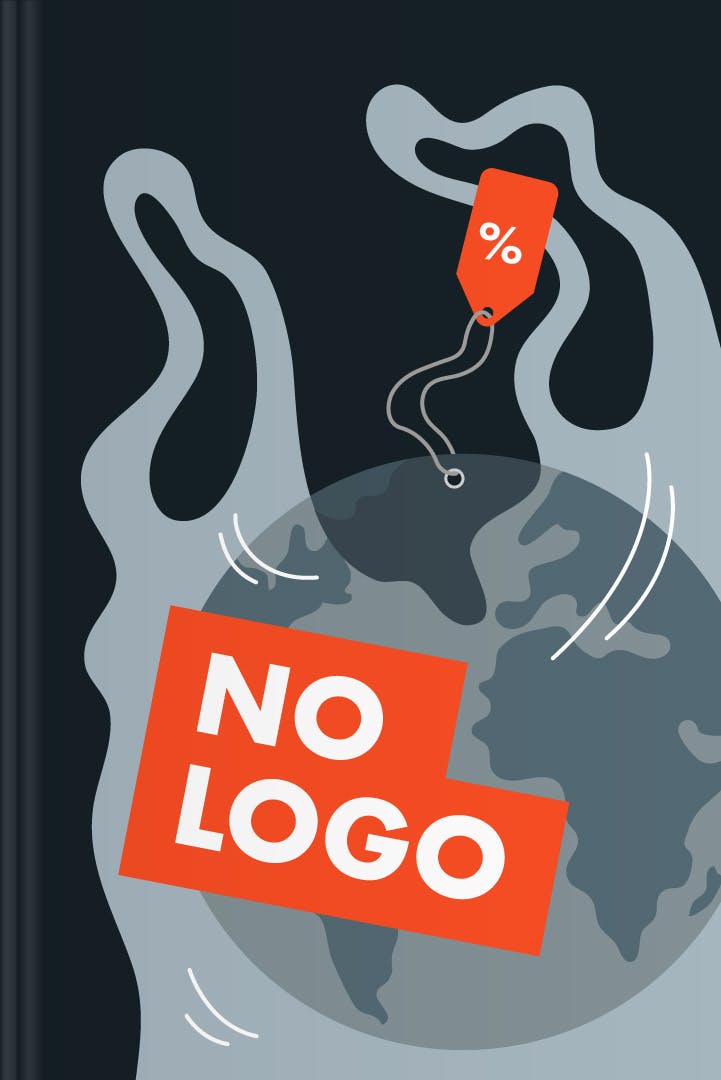 3
3No Logo
by Naomi Klein
What is No Logo about?
"No Logo" by Naomi Klein is a thought-provoking exploration of the impact of corporate branding and consumer culture on society. Through meticulous research and compelling anecdotes, Klein exposes the dark side of global brands, revealing their exploitative practices and their role in shaping our identities. This eye-opening book challenges readers to question the power dynamics between corporations and individuals, and offers a powerful critique of the pervasive influence of branding in our modern world.
Who should read No Logo
Individuals interested in understanding the impact of branding and consumer culture on society.
Activists and social justice advocates seeking to challenge corporate power.
Students and scholars studying the intersection of economics and culture.
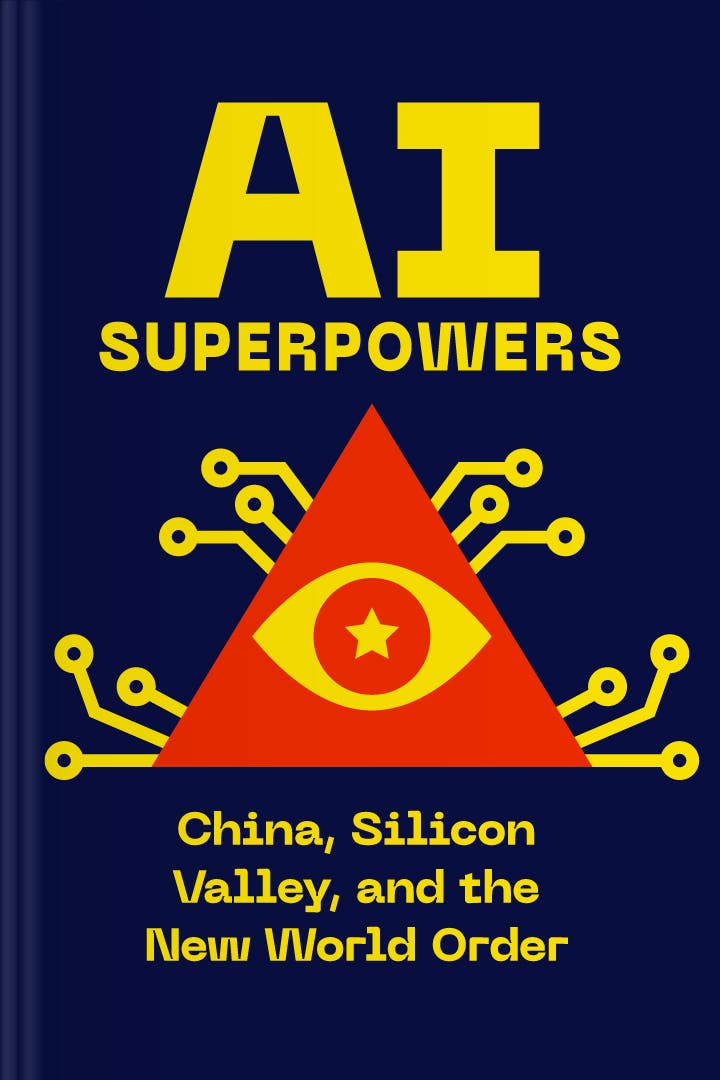 4
4AI Superpowers
by Kai-Fu Lee
What is AI Superpowers about?
In this thought-provoking book, the author delves into the rise of artificial intelligence (AI) and its impact on the global economy. Exploring the contrasting approaches of China and Silicon Valley, Kai-Fu Lee provides an insider's perspective on the race for AI dominance. With a blend of personal anecdotes and expert analysis, he highlights the potential consequences of this technological revolution, including job displacement and societal shifts, while offering insights into how we can navigate this new world order.
Who should read AI Superpowers
Technology enthusiasts interested in the global AI landscape.
Business leaders seeking insights into AI's impact on industries.
Policy makers and researchers studying AI's geopolitical implications.
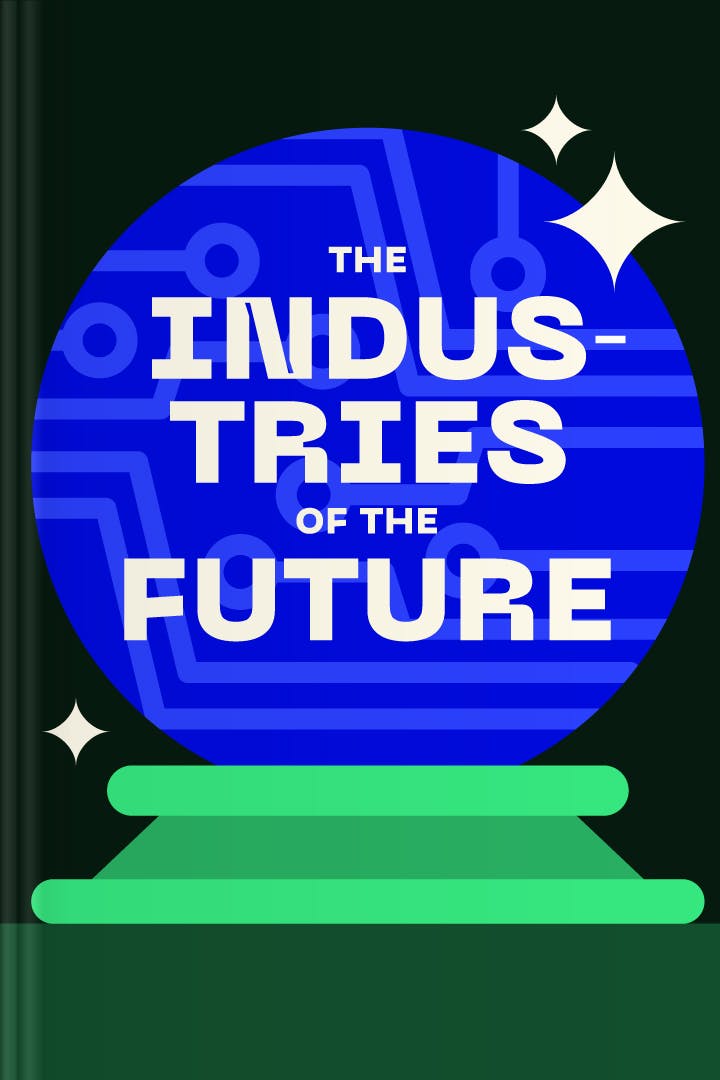 5
5The Industries of the Future
by Alec Ross
What is The Industries of the Future about?
"The Industries of the Future" explores the emerging technologies and trends that will shape our world in the coming years. Written by a renowned expert, this book delves into the fields of robotics, cybersecurity, genomics, and more, offering a captivating glimpse into the possibilities and challenges that lie ahead. With insightful analysis and real-world examples, it provides a roadmap for individuals and businesses to navigate the rapidly evolving landscape of the future.
Who should read The Industries of the Future
Entrepreneurs and business leaders seeking insights into emerging industries.
Policy makers and government officials interested in shaping future economies.
Technology enthusiasts curious about the potential of upcoming innovations.
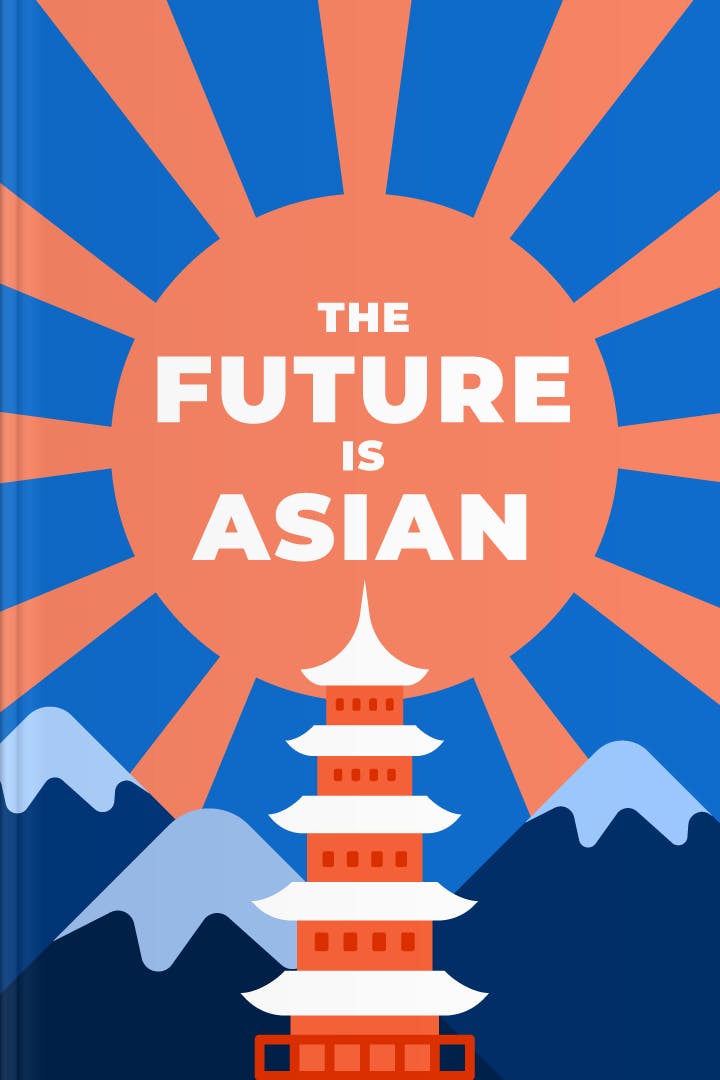 6
6The Future is Asian
by Parag Khanna
What is The Future is Asian about?
"The Future is Asian" explores the rising influence and power of Asia in the global landscape. Parag Khanna delves into the economic, political, and cultural shifts taking place across the continent, highlighting the region's potential to shape the world's future. With a focus on the interconnectedness of Asian nations and their impact on global affairs, this book offers a compelling analysis of the Asian century and its implications for the rest of the world.
Who should read The Future is Asian
Global business leaders seeking insights into the growing influence of Asia.
Policy makers and diplomats interested in understanding Asia's geopolitical dynamics.
Students and academics studying the economic and cultural rise of Asia.
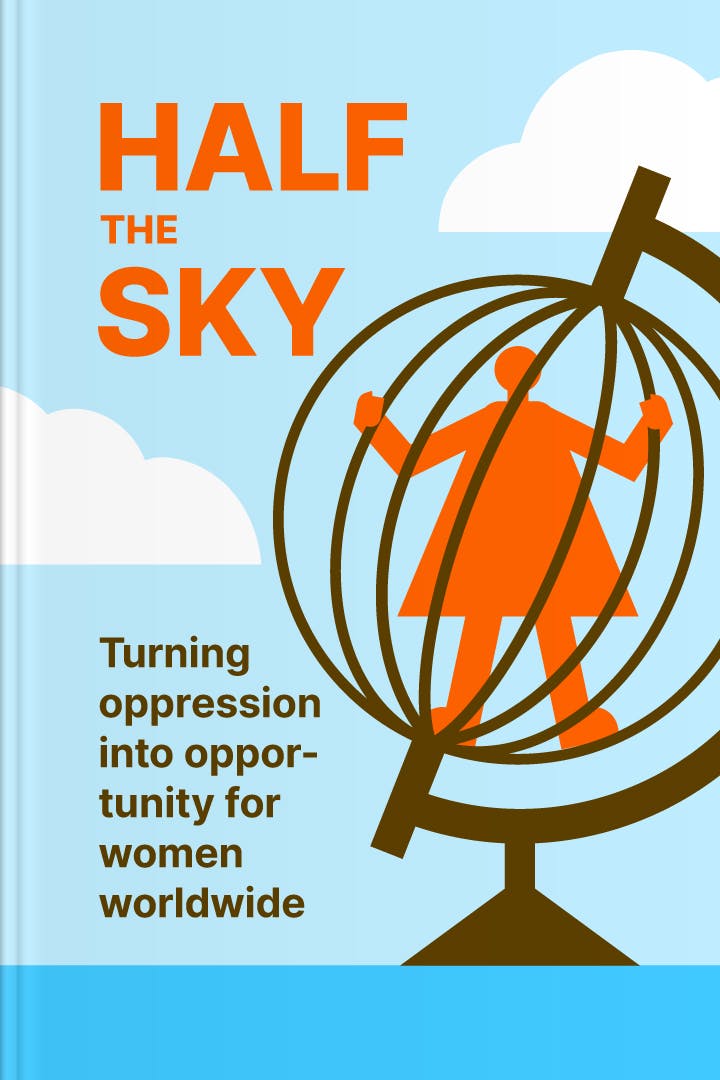 7
7Half the Sky
by Nicholas D. Kristof, Sheryl WuDunn
What is Half the Sky about?
"Half the Sky" is a powerful and eye-opening book that sheds light on the global oppression faced by women and the potential for change. Written by Nicholas D. Kristof and Sheryl WuDunn, the book explores the stories of women from different parts of the world, highlighting their struggles and resilience. It calls for urgent action to address issues such as sex trafficking, gender-based violence, and lack of education, emphasizing the transformative power of empowering women and girls.
Who should read Half the Sky
Individuals interested in understanding and addressing global gender inequality.
Activists and advocates working towards women's empowerment and human rights.
Students and scholars studying international development and social justice.
